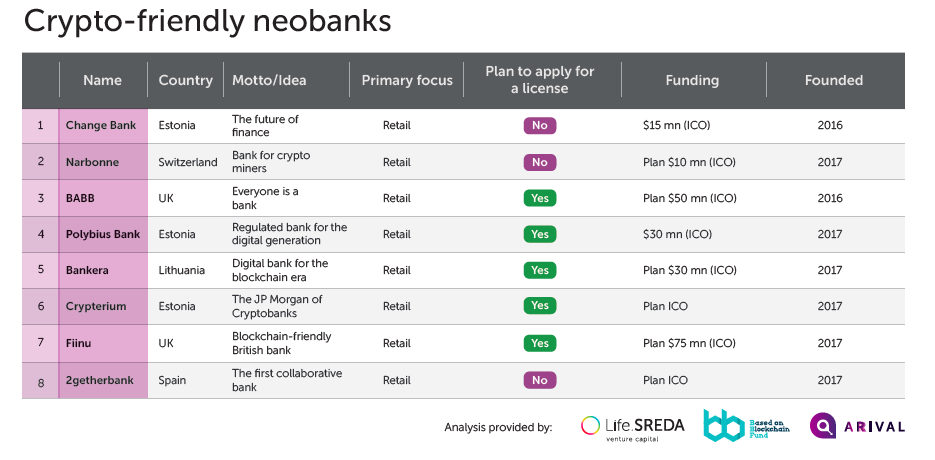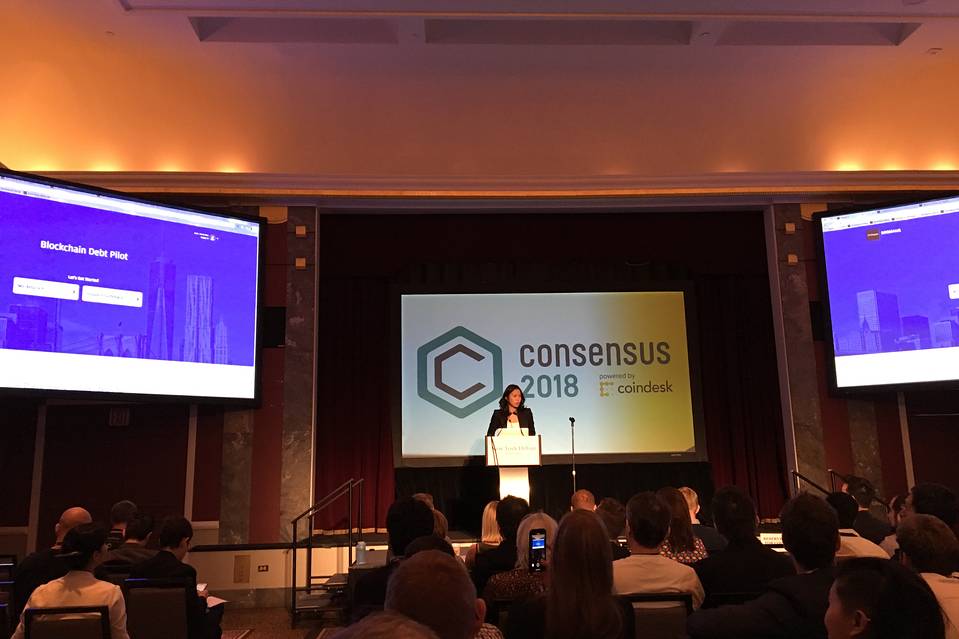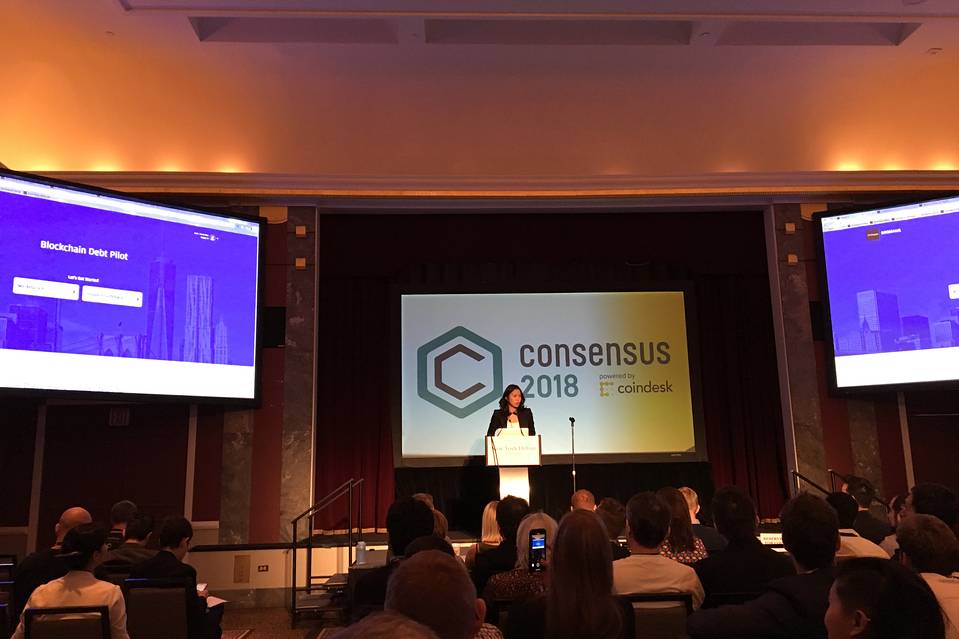Patients form the heart of any healthcare system. Yet patients do not own and have access to most of their healthcare data. The data is owned by different healthcare stakeholders – be it clinical data in Electronic Medical Record (EMR) systems across hospitals, images/scans from diagnostic service providers or claims data in insurance companies. Despite concerted efforts to improve interoperability, majority of the data resides in multiple silos both physical and digital ones distributed across databases with little to no communication between systems. Patient data is also not portable leaving healthcare providers with very little insight into a patient’s overall medical history, thereby limiting the impact of value-based care.
Yet the need for significantly better patient outcomes and reduced healthcare costs cannot be overemphasized with global health care spending projected to reach $8.7 trillion by 2020, according to Deloitte. The underlying issue is not one of technology, in my opinion, but translates to a lack of trust between participants due to concerns around data privacy, security and access. Majority of providers of healthcare data as well as patients will not trust a single company that wants to establish a centralized patient health database specifically using public cloud infrastructure. This is especially true of most health systems in the EU, which are by nature conservative and do not trust US-based cloud service providers to host sensitive patient health information.
Source/More: Blockchain in Healthcare – Hype or Hope? (Part 1) | LinkedIn
















